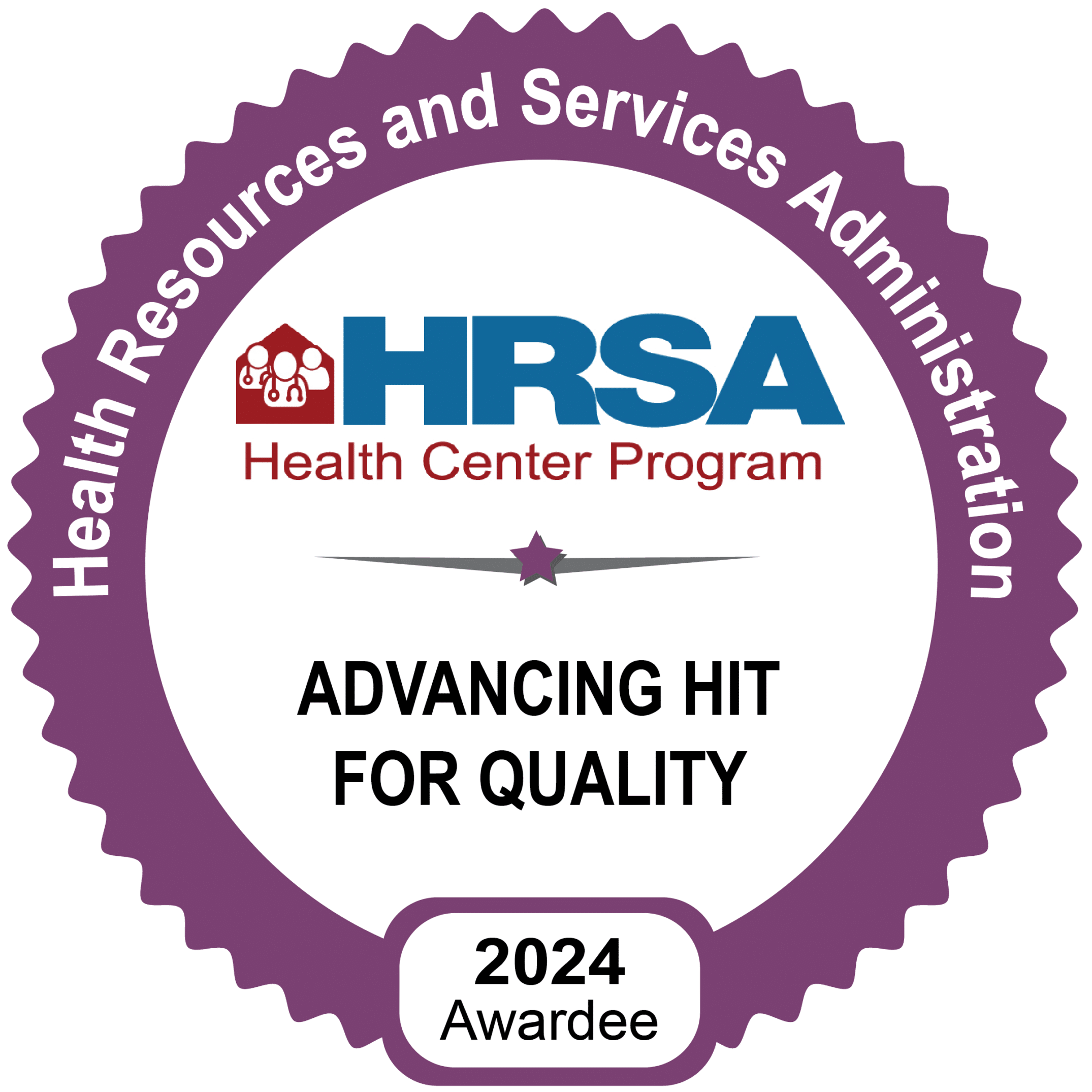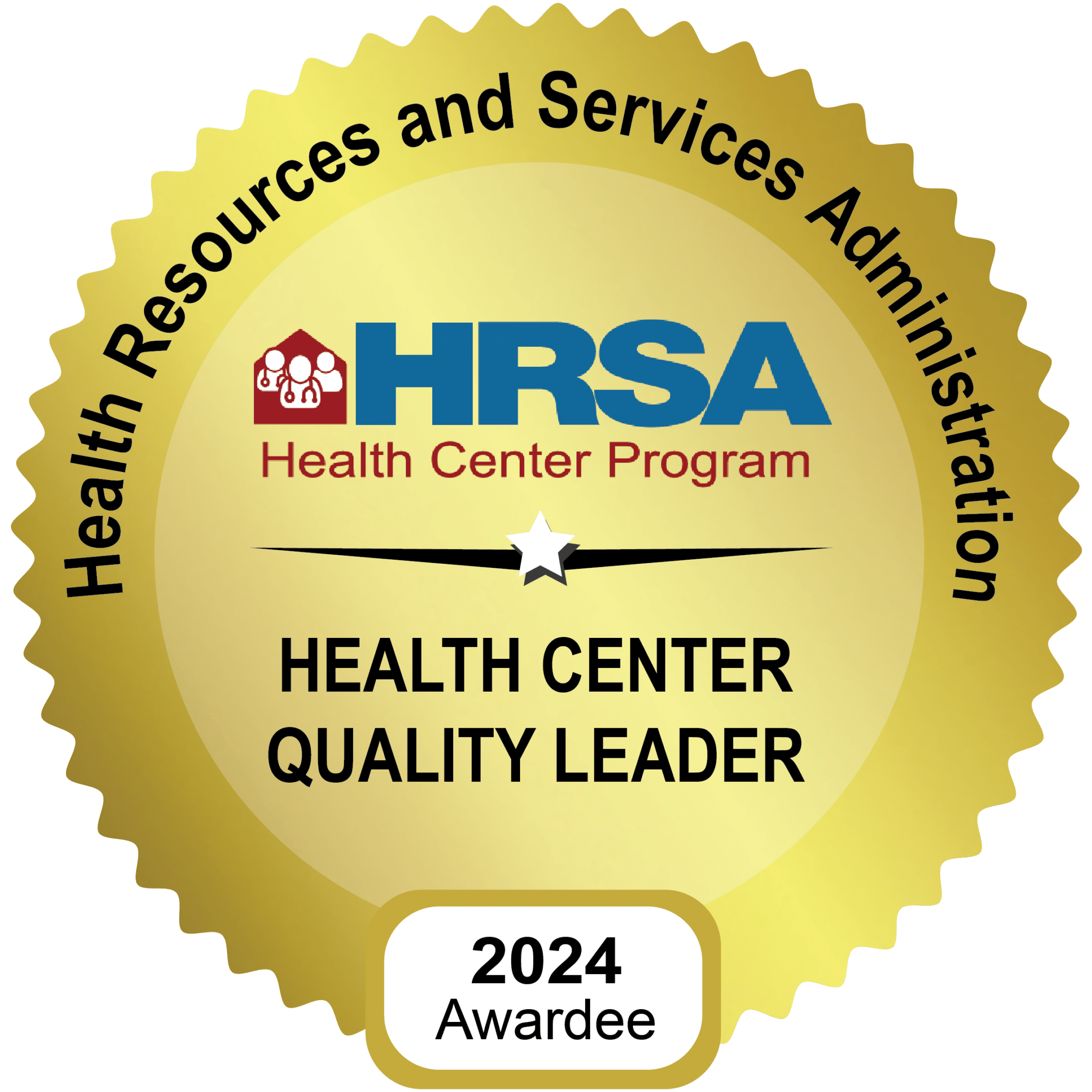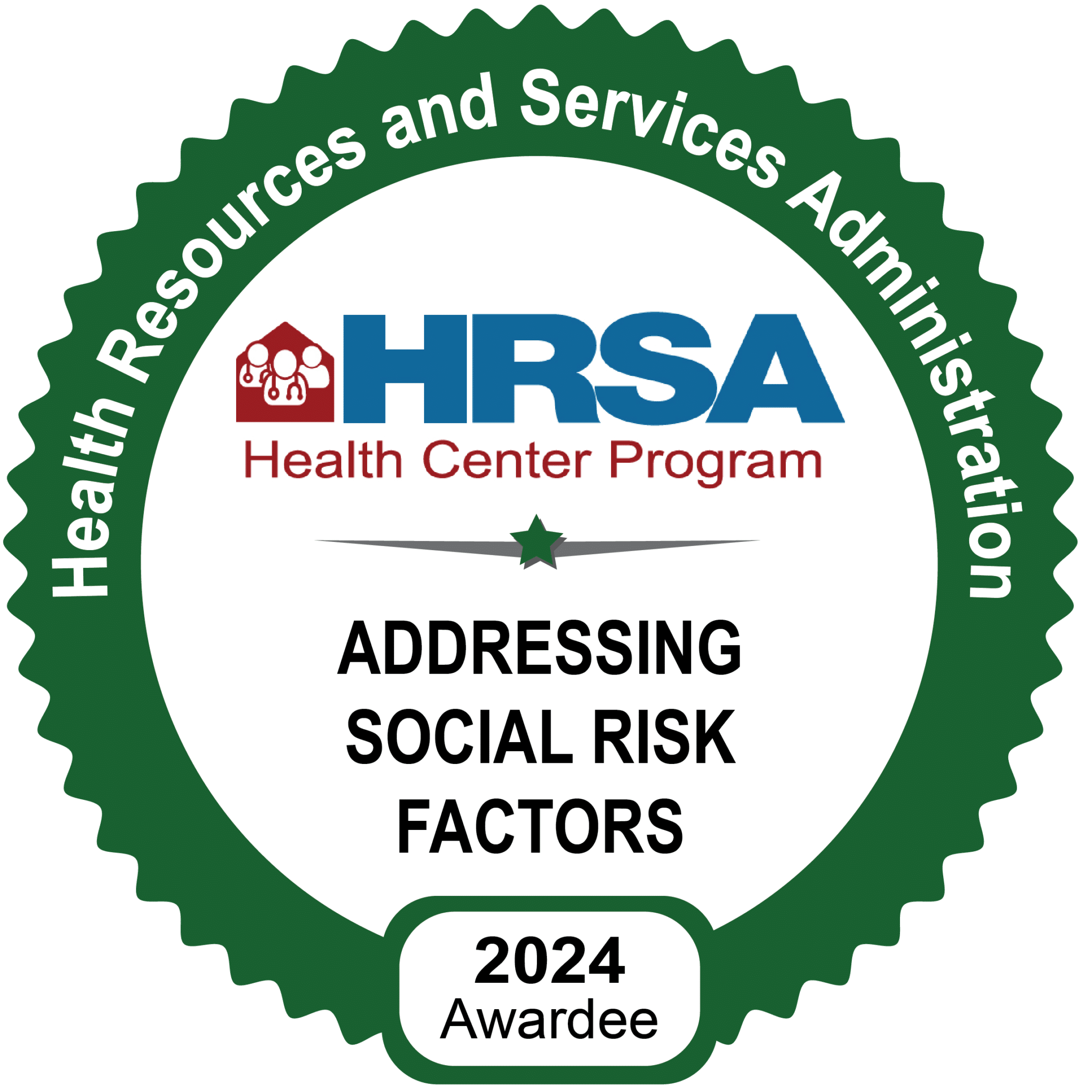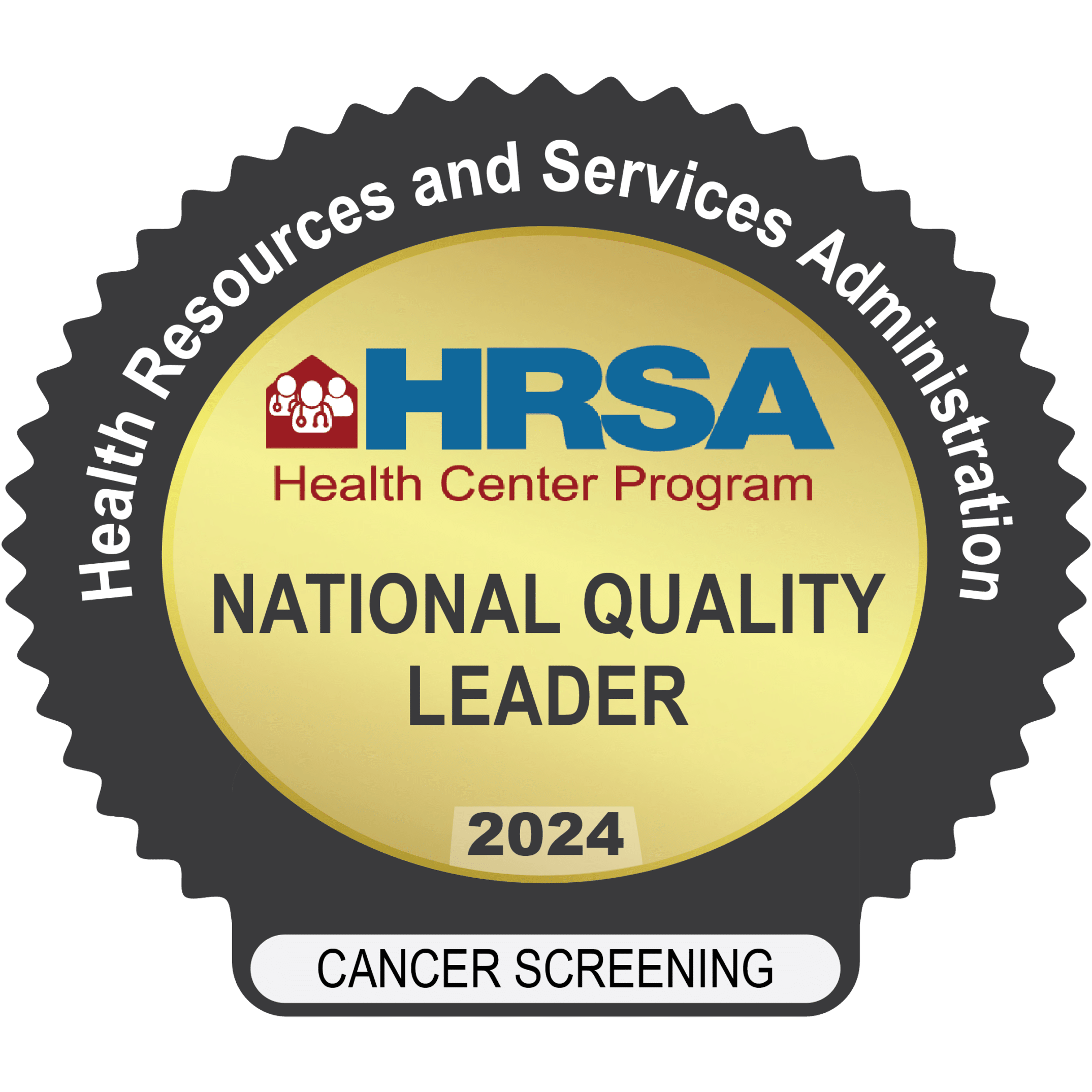Protect Your Vision
These days, our eyes are constantly exposed to screens, environmental pollutants, and other stressors that can impact our vision. With National Eye Exam Month upon us, it’s the perfect time to focus on the importance of eye health and the steps we can take to protect our vision. Taking care of your overall health plays a crucial role in maintaining good eyesight.
- Regular Eye Exams: One of the most effective ways to protect your vision is through regular eye exams. Annual exams can detect early signs of eye conditions such as glaucoma, cataracts, and macular degeneration. Early detection and treatment are crucial for preventing vision loss and maintaining eye health. During an eye exam, your optometrist can also update your prescription for glasses or contact lenses, ensuring you have the correct vision correction.
- Preventing Eye Strain: Many of us spend hours staring at computer screens, smartphones, and tablets. Prolonged screen time can lead to digital eye strain, also known as computer vision syndrome. Symptoms of eye strain include headaches, blurred vision, dry eyes, and neck and shoulder pain. To prevent eye strain, follow the 20-20-20 rule: every 20 minutes, take a 20-second break and look at something 20 feet away.
- Proper Lighting and Ergonomics: The lighting in your workspace can significantly impact your eye health. Position your screen so that it is at eye level and about an arm’s length away from your face and minimize glare by adjusting the brightness and contrast settings. Good posture and proper ergonomics can also help reduce eye strain and discomfort. Consider using an anti-glare screen protector or blue light filter to minimize the impact of harsh lighting.
- Healthy Diet for Eye Health: A balanced diet rich in vitamins and nutrients is essential for maintaining eye health. Foods high in omega-3 fatty acids, such as salmon and flaxseeds, can help reduce the risk of dry eyes. Leafy greens like spinach and kale are packed with lutein and zeaxanthin, antioxidants that protect against cataracts and age-related macular degeneration. Additionally, vitamin C and E, found in citrus fruits and nuts, play a vital role in eye health.
- Stay Hydrated: Proper hydration is essential for overall health, and since drinking enough water helps maintain the moisture levels in your eyes, it is effective in preventing dryness and irritation. Aim to drink at least eight glasses of water a day to keep your eyes hydrated and comfortable.
- Protect Your Eyes from UV Rays: Exposure to ultraviolet (UV) rays from the sun can damage your eyes and increase the risk of cataracts and macular degeneration. To protect your vision, wear sunglasses that block 100% of UV rays whenever you are outdoors, even on cloudy days, since UV rays can penetrate the atmosphere. Wide-brimmed hats can also provide additional protection.
- Quit Smoking: Smoking increases the risk of developing eye conditions such as cataracts, macular degeneration, and optic nerve damage. Quitting smoking can significantly improve your eye health and reduce the risk of vision loss. If you need support to quit smoking, consult your healthcare provider for resources and assistance.
- Practice Good Hygiene: Good hygiene is essential for preventing eye infections. Wash your hands thoroughly before touching your eyes or handling contact lenses. Avoid sharing eye makeup or personal items that come into contact with your eyes. Regularly clean and replace your contact lenses as recommended by your eye care professional.
- Manage Chronic Conditions: Chronic conditions such as diabetes and hypertension can impact your eye health. Managing these conditions through regular medical check-ups, medication, and lifestyle changes can help protect your vision. Regular eye exams are crucial for detecting and managing eye disease caused by these conditions.
- Know Your Family History: Some eye conditions are hereditary, so it’s important to know your family history and share this information with your eye care provider. Conditions such as glaucoma and macular degeneration can run in families, increasing your risk. Early detection and preventative care are essential for managing hereditary eye conditions.
By incorporating these tips into your daily routine, you can reduce the risk of eye strain, prevent eye conditions, and maintain optimal eye health. During National Eye Exam Month, take the opportunity to schedule an eye exam and encourage your loved ones to do the same.
At Teche Health, we recognize that managing your overall health is vital for maintaining good vision. By offering regular medical check-ups, personalized care plans, and resources for healthy living, our comprehensive services are designed to help you manage your health, which can significantly impact your eye health if left untreated.




